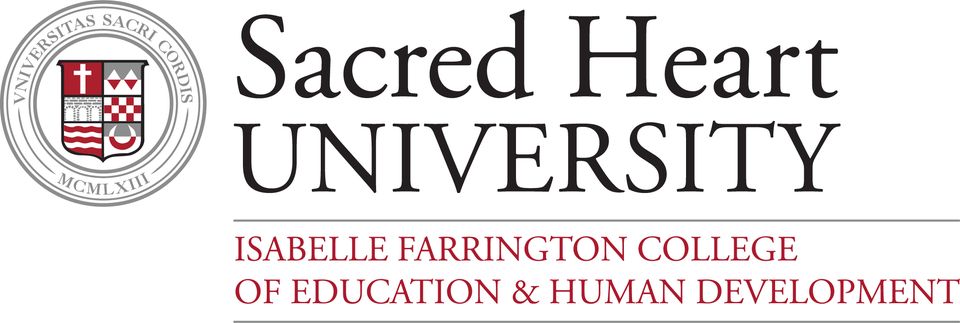Document Type
Review
Publication Date
10-28-2014
Abstract
A new report compares the performance of Florida Virtual School (FLVS) students with students in traditional brick-and-mortar schools and concludes the FLVS students perform about the same or somewhat better on state tests and at a lower cost. The report claims to be the first empirical study of K-12 student performance in virtual education. This is not correct, and the report in fact confirms the findings and repeats the methodological flaws and limitations of previous research. The report’s findings fail to account for the potential bias of student selectivity in the FLVS sample, the potential impact of regression effects, differential mortality in the two groups, and the fact that the virtual environment is simply a delivery medium. Given the limitations of research such as this new study, researchers have moved beyond simply investigating whether one medium is better than the other and begun—and need to continue—investigating under what conditions K-12 online and blended learning can be effectively designed, delivered, and supported.
Recommended Citation
Barbour, Michael K. Review of Virtual Schooling and Student Learning. Boulder CO: National Policy Education Center, University of Colorado, 2014.
Included in
Educational Assessment, Evaluation, and Research Commons, Online and Distance Education Commons




Comments
Review of: Chingos, M. M. and Guido Schwerdt. Virtual Schooling and Student Learning: Evidence from the Florida Virtual School. Cambridge MA: Harvard Kennedy School, 2014. (Program on Education Policy and Governance Working Papers Series)